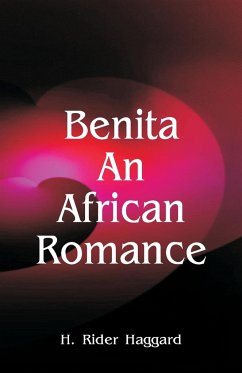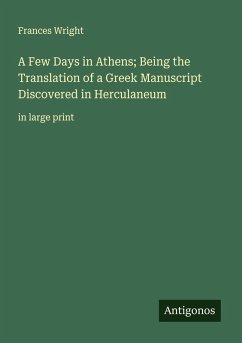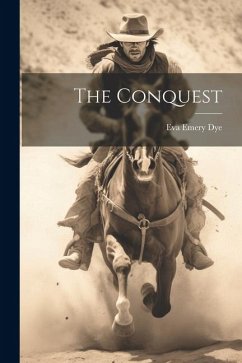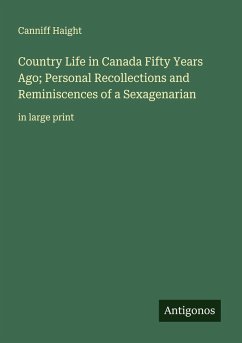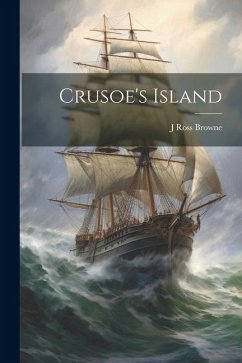
Benita An African Romance
Versandkostenfrei!
Versandfertig in 1-2 Wochen
23,99 €
inkl. MwSt.
Weitere Ausgaben:

PAYBACK Punkte
12 °P sammeln!
Henry Rider Haggard was a British Victorian writer known for his adventure novels set is exotic places. Haggard's father sent him to Africa as assistant secretary to Lieutenant-Governor of Nata, Sir Henry Bulwer. His larger-than-life adventurers in Colonial Africa, the great mineral wealth discovered in Africa, and the ruins of ancient lost civilizations in Africa such as Great Zimbabwe would appear in many of his stories. Haggard also wrote about agricultural and social reform, in part inspired by his experiences in Africa, but also based on what he saw in Europe. His writings are sympathetic...
Henry Rider Haggard was a British Victorian writer known for his adventure novels set is exotic places. Haggard's father sent him to Africa as assistant secretary to Lieutenant-Governor of Nata, Sir Henry Bulwer. His larger-than-life adventurers in Colonial Africa, the great mineral wealth discovered in Africa, and the ruins of ancient lost civilizations in Africa such as Great Zimbabwe would appear in many of his stories. Haggard also wrote about agricultural and social reform, in part inspired by his experiences in Africa, but also based on what he saw in Europe. His writings are sympathetic to the natives. He often portrayed Africans as heroic in his stories even though the main characters are usually European. Haggard created the Allan Quatermain adventures. Alan Quartermain was the main character in the novel King Solomon's Mines and several sequels. Benita is an African romance based on actual events; a 16th century buried treasure, a boy describing the events while in a trance and a party of Portuguese who were massacred form an exciting plot.





